Argentina boasts remarkable fish diversity thanks to its varied geography, hosting freshwater, brackish, and marine environments. Local fish species play a crucial role in aquatic food webs and support commercial fisheries. Here’s an in-depth look at Argentina’s most notable fish and their ecological significance.
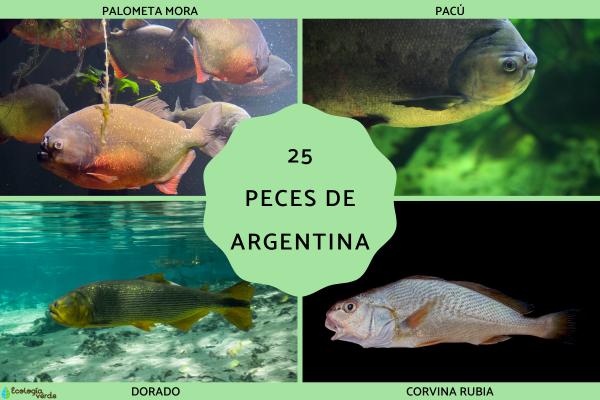
Iconic Freshwater Fish of Argentina
Key Marine Fish Species
Other Common Argentine Fish
Ecology and Conservation of Argentine Fish
(1) Sábalo (Prochilodus lineatus)
Abundant in the Paraná, Uruguay, Paraguay, and La Plata rivers. It’s the most important economic fish in Argentina, feeding mainly on detritus and algae. It is essential in the diet of piscivorous fish and a cornerstone of regional fisheries.
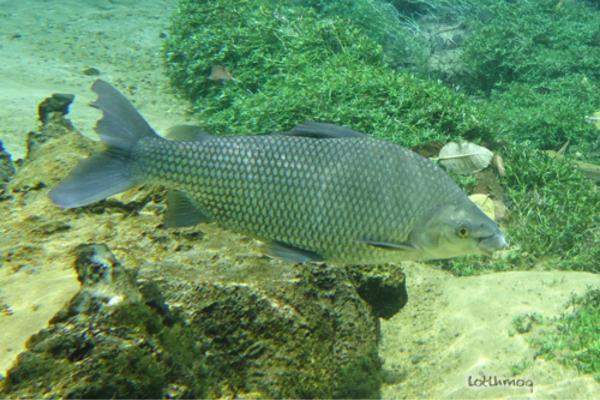
(2) Red-Bellied Piranha (Pygocentrus nattereri)
Found in many rivers and some lakes, these fish have a compressed body and strong jaws with sharp teeth. Though often labeled as aggressive, they are actually territorial and only become defensive while guarding their nests. Their main diet is other fish.
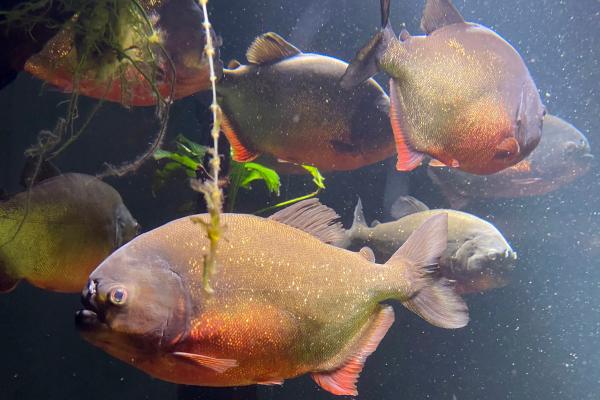
(3) Spotted Surubí (Pseudoplatystoma corruscans)
Widespread in the Paraná basin, this nocturnal predator migrates upstream for breeding. With a distinctive spotted pattern and naked, thick skin, it’s prized for sport and commercial fishing.
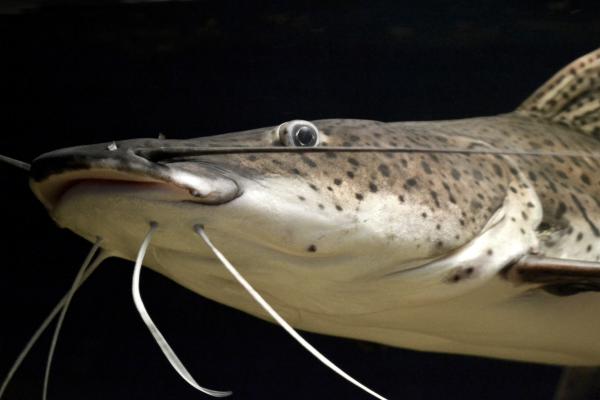
(4) Pacú (Piaractus mesopotamicus)
Robust-bodied, easily confused with piranhas. Gentle and omnivorous, feeds on fruits, plants, algae, and invertebrates. Distribution has shrunk due to human activity, but it remains a leading aquaculture species in Argentina.
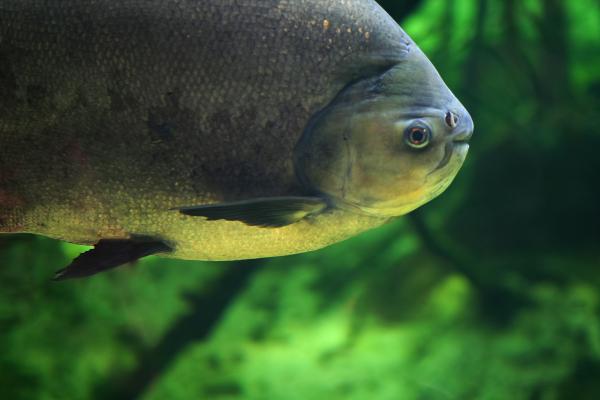
(5) Golden Dorado (Salminus brasiliensis)
A flagship predator in Argentine rivers, capable of reaching 1 meter and 30 kg. Renowned for its power and agility, preys on other fish. Declared a national conservation priority in 2005.
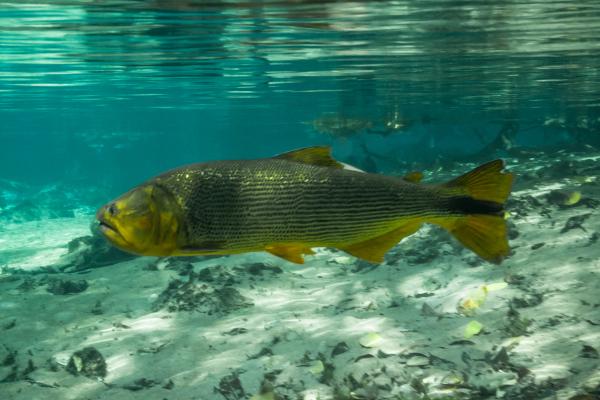
(6) River Sole (Catathyridium jenynsii)
Bottom-dweller with asymmetrical, compressed body. Juveniles are symmetrical; during development, one eye migrates so both eyes end up on the same side, aiding camouflage.
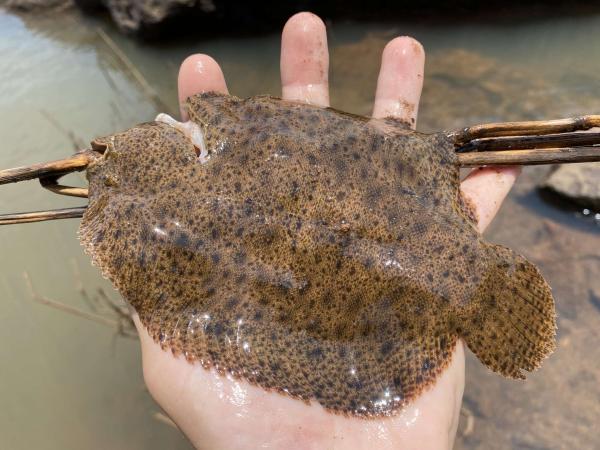
(7) Silverside (Odontesthes bonariensis)
Widespread in northern and central Argentina, inhabiting freshwater and brackish waters. Sleek, silvery body with a characteristic lateral stripe. Common in aquaculture due to quality flesh and resilience.
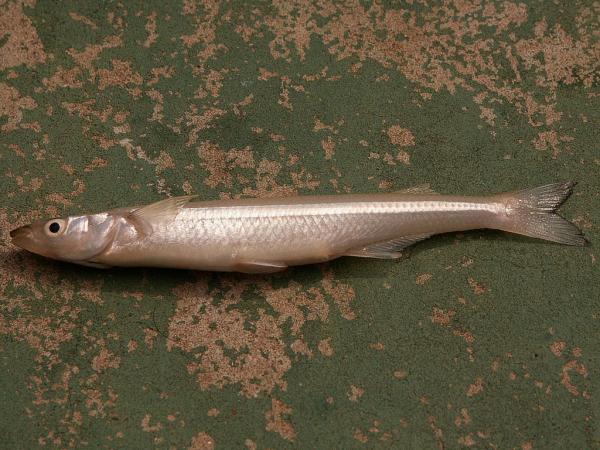
(8) Whitemouth Croaker (Micropogonias furnieri)
Common in the Río de la Plata and Atlantic coast. Tolerant of varied temperature and salinity, lives long (up to 45 years), feeds on mollusks, worms, and fish.
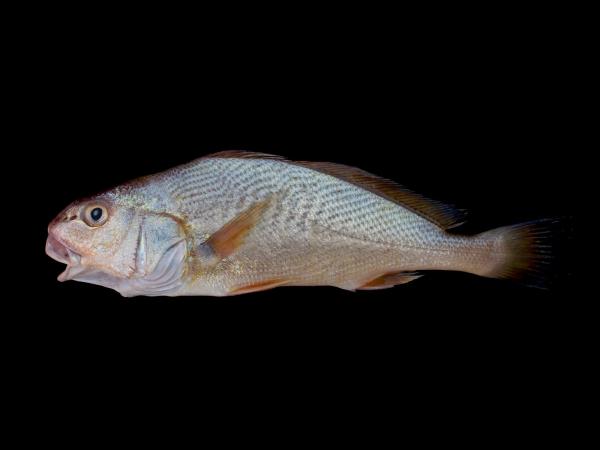
(9) Brazilian Brotula (Urophycis brasiliensis)
Lives along the Argentine coast, ventral fins are filamentous. Grows up to 60 cm, feeds on crustaceans, mollusks, worms, and small fish—highly prized for its meat.
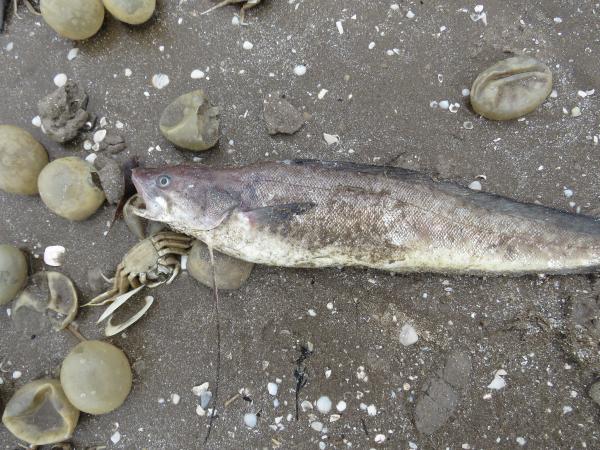
(10) Argentine Smoothhound Shark (Mustelus schmitti)
A small coastal shark rarely exceeding 1 meter. Feeds on crabs, fish, shrimp, is ovoviviparous, and of high commercial value in markets.
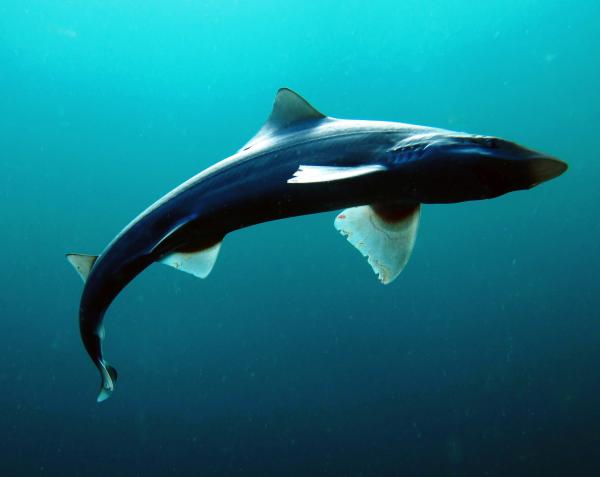
Boga (Megaleporinus obtusidens)
Chanchita (Australoheros facetus)
Armored Catfish (Loricariichthys platymetopon)
Trumpet Catfish (Iheringichthys labrosus)
Cow Catfish (Oxydoras kneri)
Sardine (Sardinella aurita)
Bonito (Sarda sarda)
Marine Catfish (Genidens barbus)
Corvina (Paralonchurus brasiliensis)
Grouper (Acanthistius patachonicus)
Anchovy (Anchoa marinii)
Coastal Conger (Conger orbignianus)
Striped Weakfish (Cynoscion guatucupa)
Small Torpedo Ray (Discopyge tschudii)
School Shark (Galeorhinus galeus)
Argentina’s ichthyofauna is highly diverse and ecologically vital. Overfishing, pollution, and habitat loss threaten this rich resource. Enhanced fisheries management, conservation efforts, and restoration of aquatic habitats are key to preserving biodiversity and sustaining fisheries into the future.
animal tags: Argentinian fish
We created this article in conjunction with AI technology, then made sure it was fact-checked and edited by a Animals Top editor.